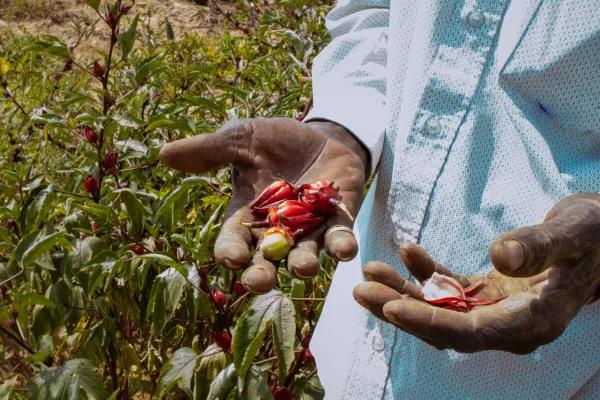World Social Summit Commits to Follow-up Process to Ensure Implementation

The Second World Summit for Social Development adopted a political declaration through which world leaders reaffirm their commitment to building a more just, inclusive, equitable, and sustainable world by addressing social challenges such as poverty, unemployment, and exclusion. To ensure full implementation of the social development agenda, leaders committed to a five-year follow-up process starting in 2031, including a high-level plenary meeting under the auspices of the UN General Assembly (UNGA).
Delegates attending the Summit acknowledged notable progress in expanding education, healthcare, and social protection systems since the first world summit 30 years ago. At the same time, they warned of widening inequalities, recurring crises, and geopolitical tensions that are reversing many of the gains achieved.
Delegates also noted the need to update the Copenhagen Declaration and Programme of Action, which were adopted at the first World Summit for Social Development in 1995, by recognizing new challenges related to digital transformation and changes in demographics, among other topics. For the former, the 2025 outcome calls for action to address “misinformation, disinformation, and hate speech.” For the latter, the Doha Political Declaration notes that demographic shifts now include both declining birth rates in some countries and rapid population growth in others, as well as population ageing.
According to the Earth Negotiations Bulletin (ENB) summary report of the meeting, in the Doha Political Declaration, world leaders commit to, inter alia:
- Adopt a holistic approach towards poverty eradication, including through measures to address the root causes of poverty and underlying causes of inequality;
- Achieve universal health coverage (UHC) and realize universal, equitable, and affordable access to the highest attainable standard of physical and mental health and well-being for all;
- Invest in inclusive, equitable, and quality education at all levels, skills development, digital literacy education, vocational education and training, and life-long learning;
- Promote equitable access of developing countries to global markets, investments, and technologies; and
- Explore opportunities to mobilize additional public and private finance, while ensuring that additional private finance mobilized is not a substitute for existing commitments.
They also committed to: invest in resilient, inclusive, and sustainable food systems that ensure access to affordable, sufficient, safe, and nutritious food for all, and reduce food loss and waste; address the adverse impacts of climate change, biodiversity loss, desertification, drought, and environmental degradation; and take comprehensive measures to achieve gender equality and the empowerment of all women and girls.
The Declaration also reaffirms the call from the Pact for the Future to “develop a framework of measures of progress on sustainable development that complement or go beyond gross domestic product (GDP)” and encourages states to constructively engage in the negotiations on the UN framework convention on international tax cooperation.
Sharing their views on the state of social development globally, leaders emphasized that “social protection should be viewed as an investment in human capital and stability, not a fiscal burden,” ENB highlights. Many countries reported expanding social protection. Many also stressed “the need for comprehensive reform of the international financial architecture to ensure fairer representation of developing countries and greater access to concessional financing.”
Numerous speakers emphasized peace as a fundamental prerequisite for achieving social development. Many highlighted extreme weather events as compounding factors that deepen vulnerabilities and reverse development gains.
“The World Social Summit also provided a launching pad for discussions on how to incorporate social development issues into the post-2030 Agenda,” the ENB analysis of the meeting notes, with many speakers referring to the UN80 Initiative to reform the UN. The first review of the commitments in the Doha Political Declaration and the Copenhagen Declaration and Programme of Action, adopted at the first World Summit for Social Development in 1995, also comes right after the new post-2030 agenda is expected to be launched.
The Summit included High-level Round Table sessions on: strengthening the three pillars of social development: poverty eradication, full and productive employment and decent work for all, and social inclusion; and assessing progress and addressing gaps and challenges in the implementation of the commitments of the Copenhagen Declaration on Social Development and its Programme of Action and giving momentum towards the implementation of the 2030 Agenda for Sustainable Development.
The Second World Summit on Social Development convened in Doha, Qatar, from 4-6 November 2025. [ENB Coverage of Second World Summit on Social Development]
Source: IISD
 Welcome to the United Nations
Welcome to the United Nations


